“AI가 만들어낸 콘텐츠, 여전히 꺼림칙”… 전 세계 소비자 70% “인간 창작물 선호”
최근 발표된 설문 조사 결과, 대다수의 소비자들은 생성 AI(인공지능)가 전면적으로 혹은 일부라도 관여한 미디어 콘텐츠보다 인간이 직접 제작한 콘텐츠를 더 선호하는 것으로 나타났다. AI생성 콘텐츠의 품질이나 효율성보다 인간의 창의성을 더 높은 가치로 평가한 것이다. 그러나 비디오 게임이나 광고의 경우 AI제작 콘텐츠에 대한 거부감이 상대적으로 낮았다. 또 고연령으로 갈 수록 인간의 손길을 더 선호했다.
이 조사는 글로벌 컨설팅 기업 베어링가(Baringa)가 2025년 1월 미국, 영국, 호주, 네덜란드, 독일 등 5개국에서 총 5,004명을 대상으로 실시했으며, 그 결과를 버라이어티를 통해 단독 공개했다.
“Consumers Still Skeptical About AI-Generated Content: 70% Prefer Human-Created Works”
A recent survey by global management consultancy Baringa, exclusively shared with VIP+, reveals that most consumers worldwide remain uneasy with content created fully or partially by generative AI. The survey, conducted in January 2025 among 5,004 respondents across the U.S., U.K., Australia, the Netherlands, and Germany, indicates a strong preference for media produced by humans rather than AI tools.
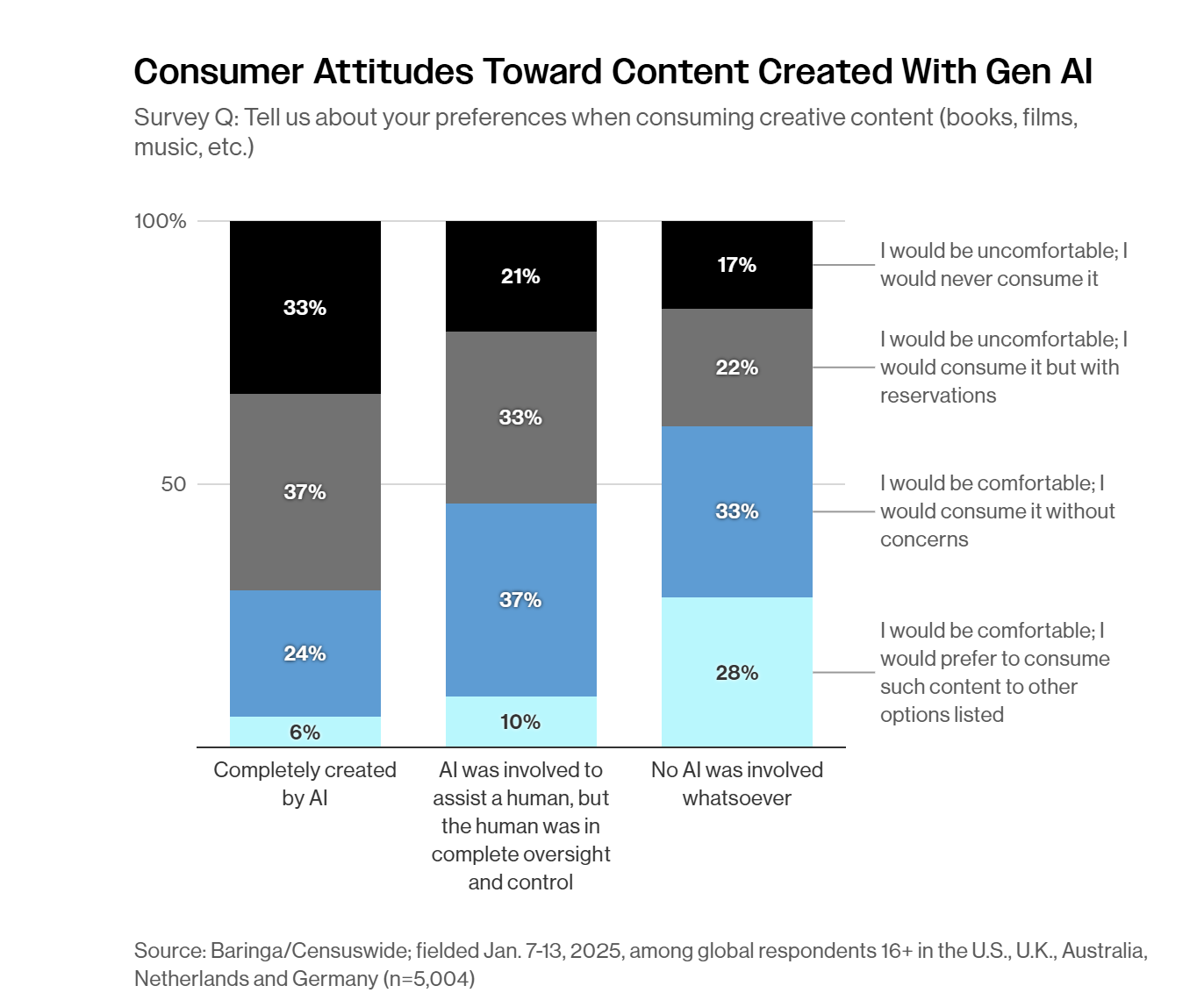
AI가 만든 콘텐츠, 불편함 느끼는 소비자가 다수
조사에 따르면, 전 세계 소비자 중 70%가 완전히 AI가 만들어낸 콘텐츠(fully AI-generated)를 소비하는 데 불편함을 느끼고, 54%는 AI가 일부라도 관여한 콘텐츠(AI-assisted)에 대해서도 마찬가지로 거부감을 보였다. 특히 소비자 3명 중 1명가량은 AI가 전적으로 창작한 콘텐츠에 대한 불편함이 매우 커서, 실제로 해당 콘텐츠(책, 영화, 음악 등)를 아예 보지 않겠다고 응답했다.

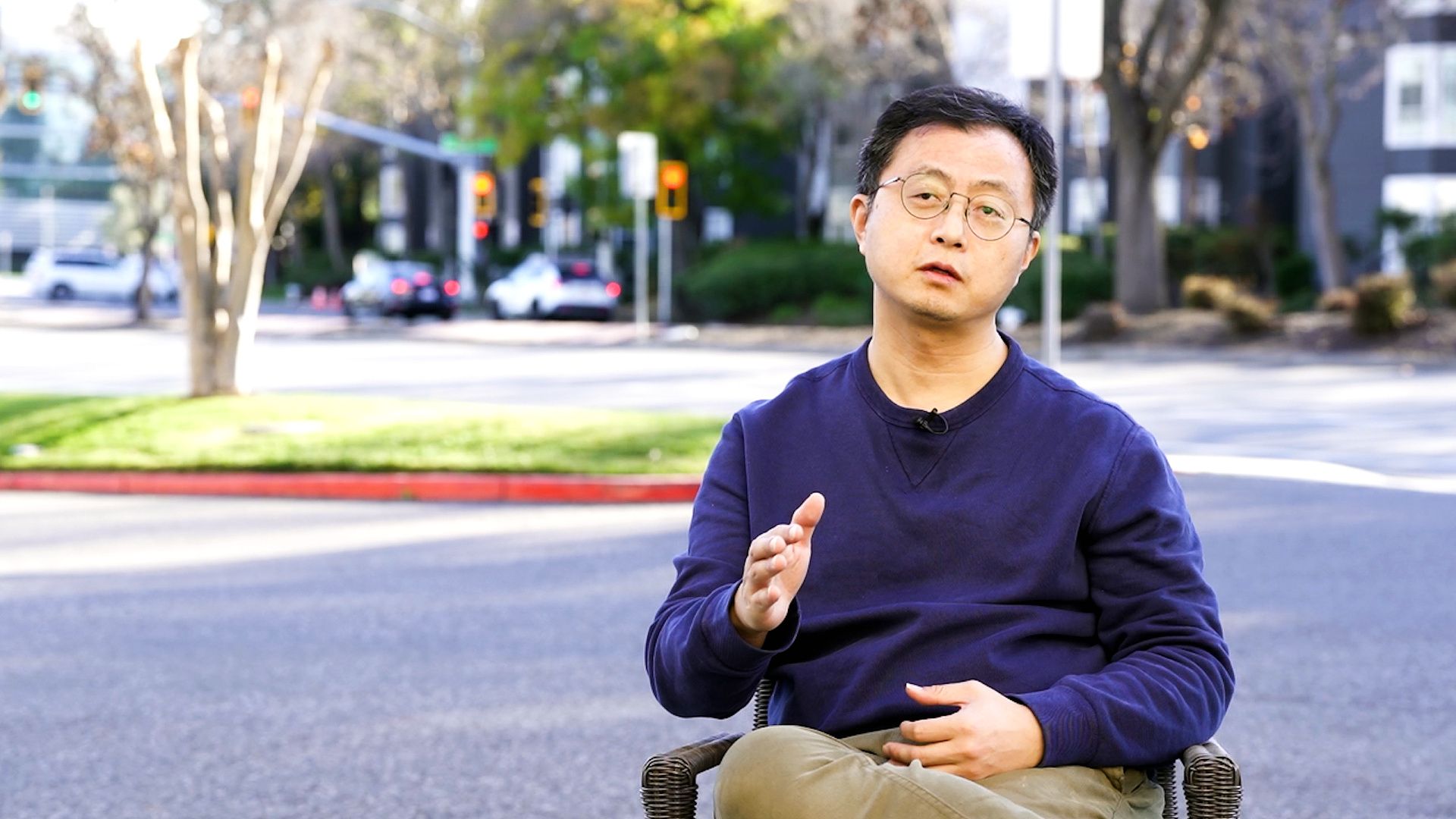
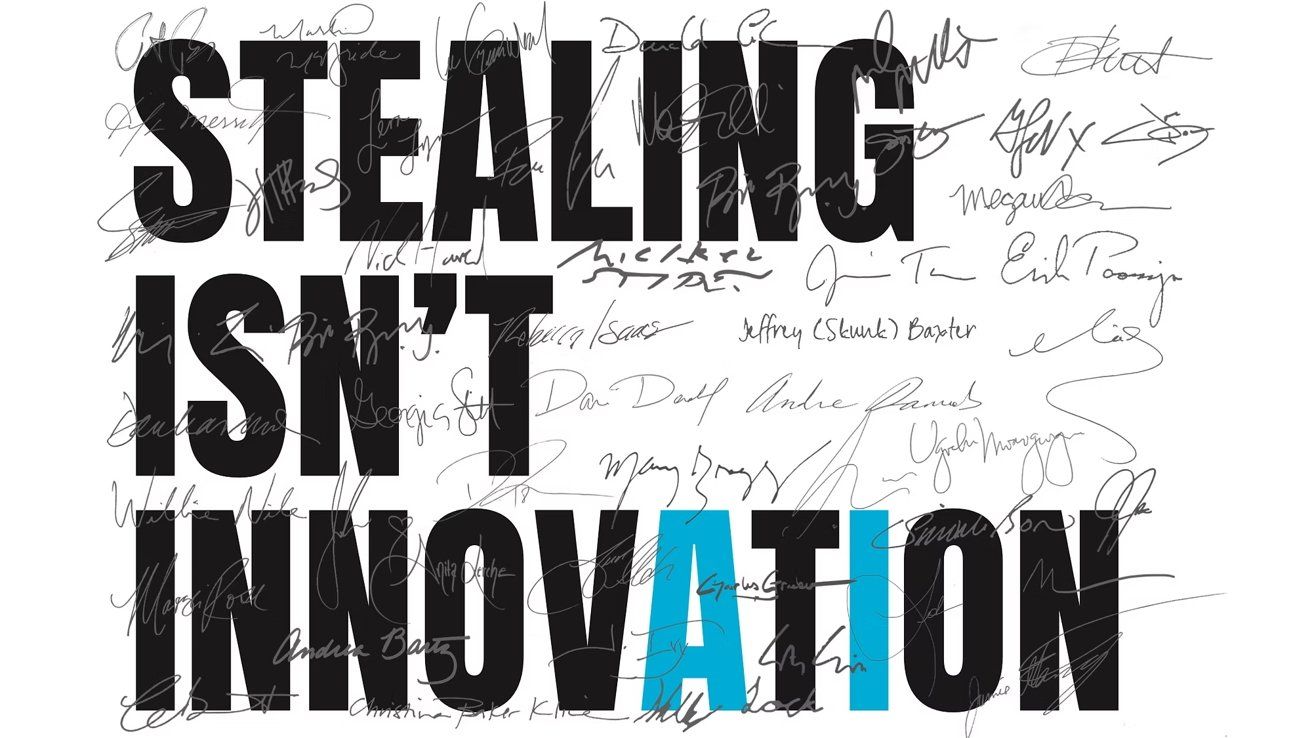
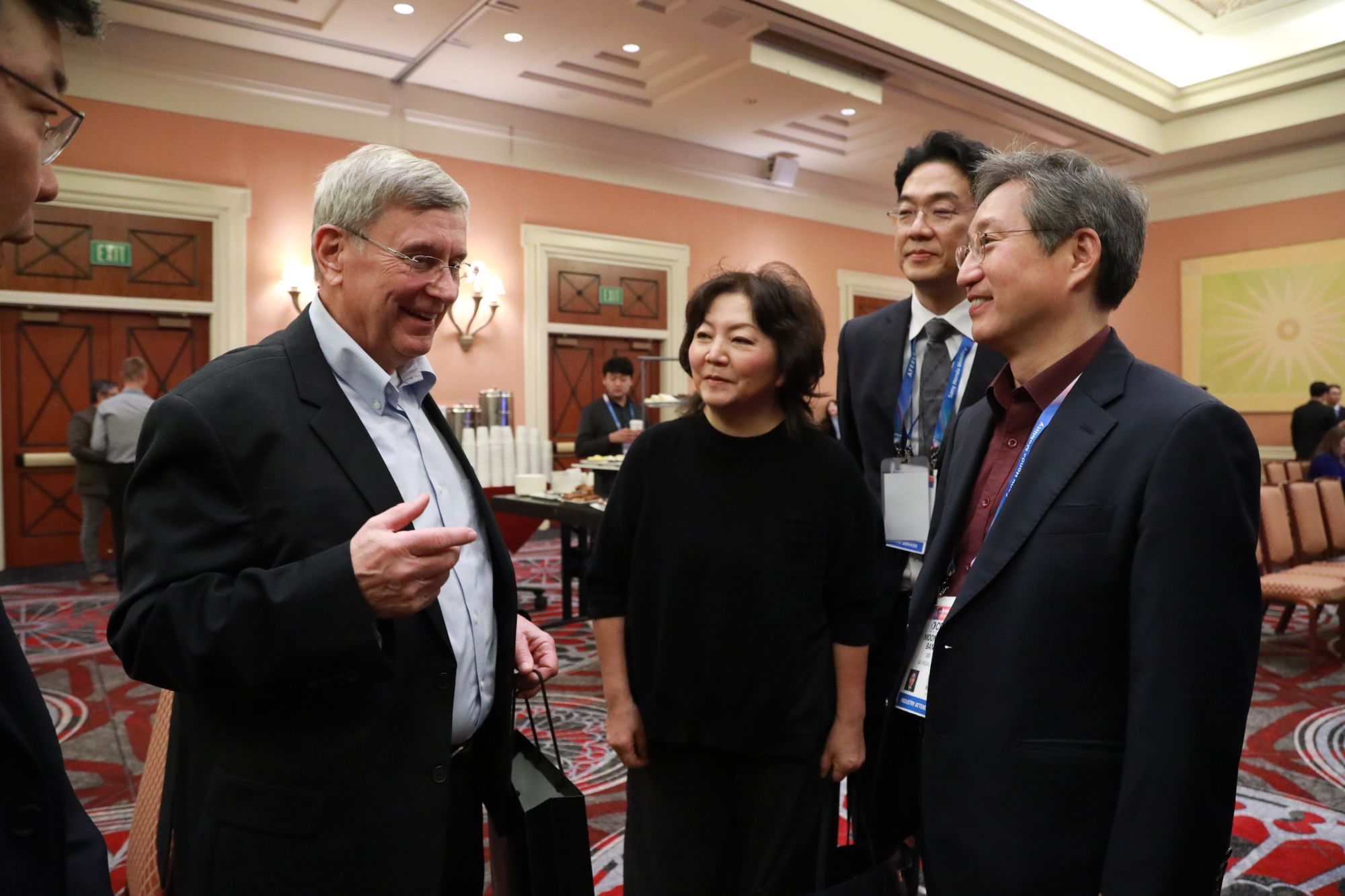
![[CES 2026]로쿠(Roku), AI·저가 스트리밍·광고 '3대 전략'으로](https://cdn.media.bluedot.so/bluedot.kentertechhub/2026/01/2ug8x9_202601150040.jpeg)
![[CES2026]생성 AI, '있으면 좋은 것'에서 '필수 인프라'로”](https://cdn.media.bluedot.so/bluedot.kentertechhub/2025/12/7dbmg3_202512271017.jpeg)
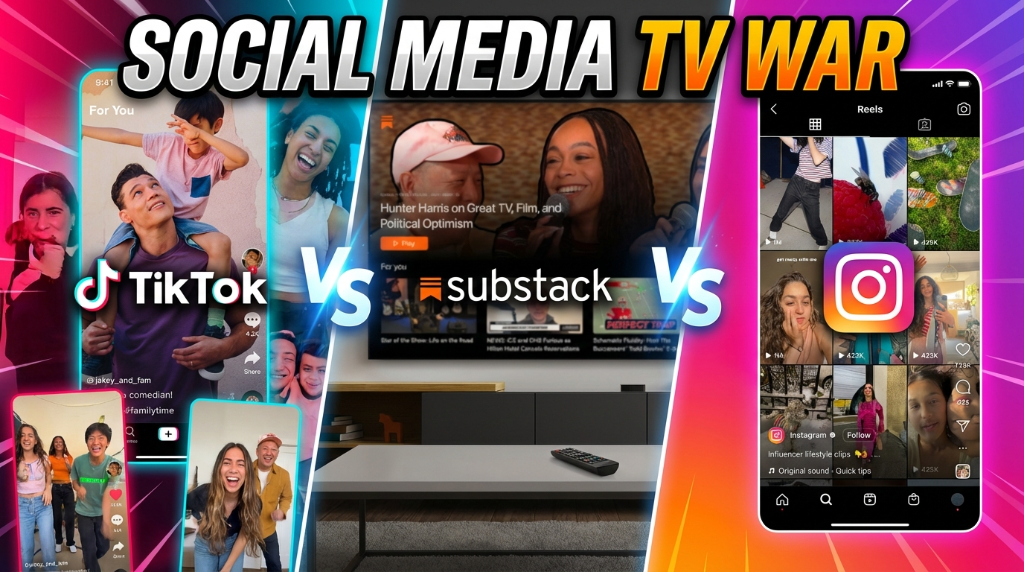
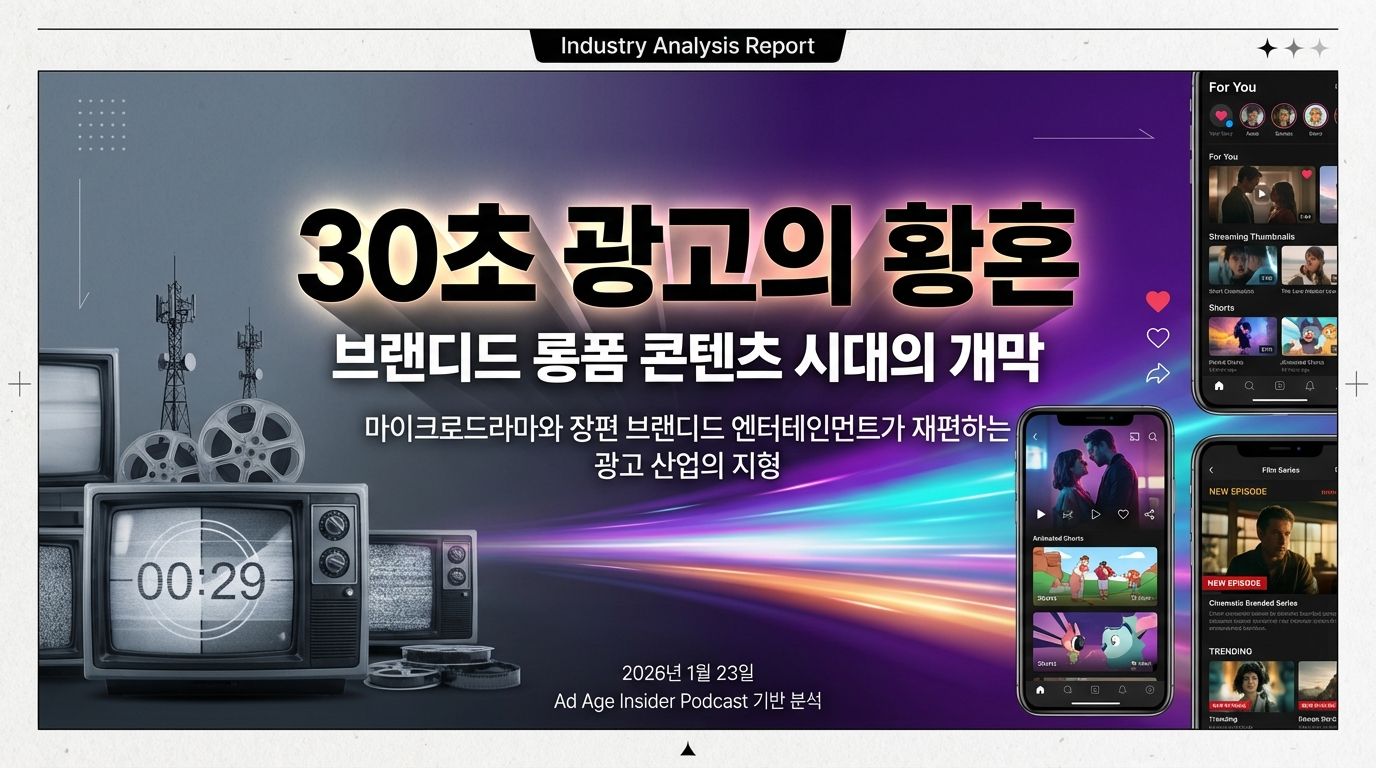
![[보고서]CES2026 엔터테크 보고서](https://cdn.media.bluedot.so/bluedot.kentertechhub/2026/01/pkmea9_202601250121.jpeg)
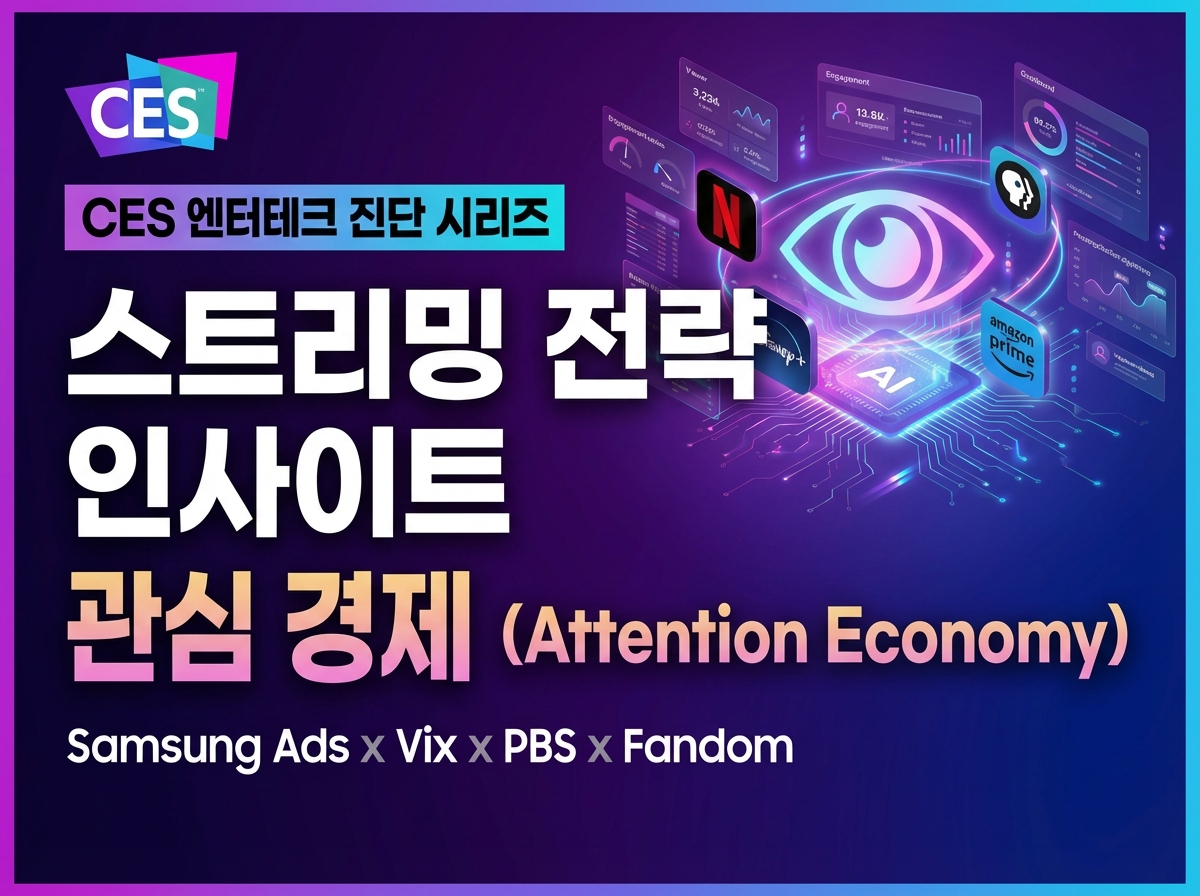
![[CES2026]미디어 기업 업프론트(광고 설명회) 장소로 변신](https://cdn.media.bluedot.so/bluedot.kentertechhub/2026/01/xjbio9_202601222334.png)
![[CES 2026]레딧, 구글 메타 도전장 '맥스 캠페인 진행'](https://cdn.media.bluedot.so/bluedot.kentertechhub/2026/01/o4o2vj_202601220249.jpg)
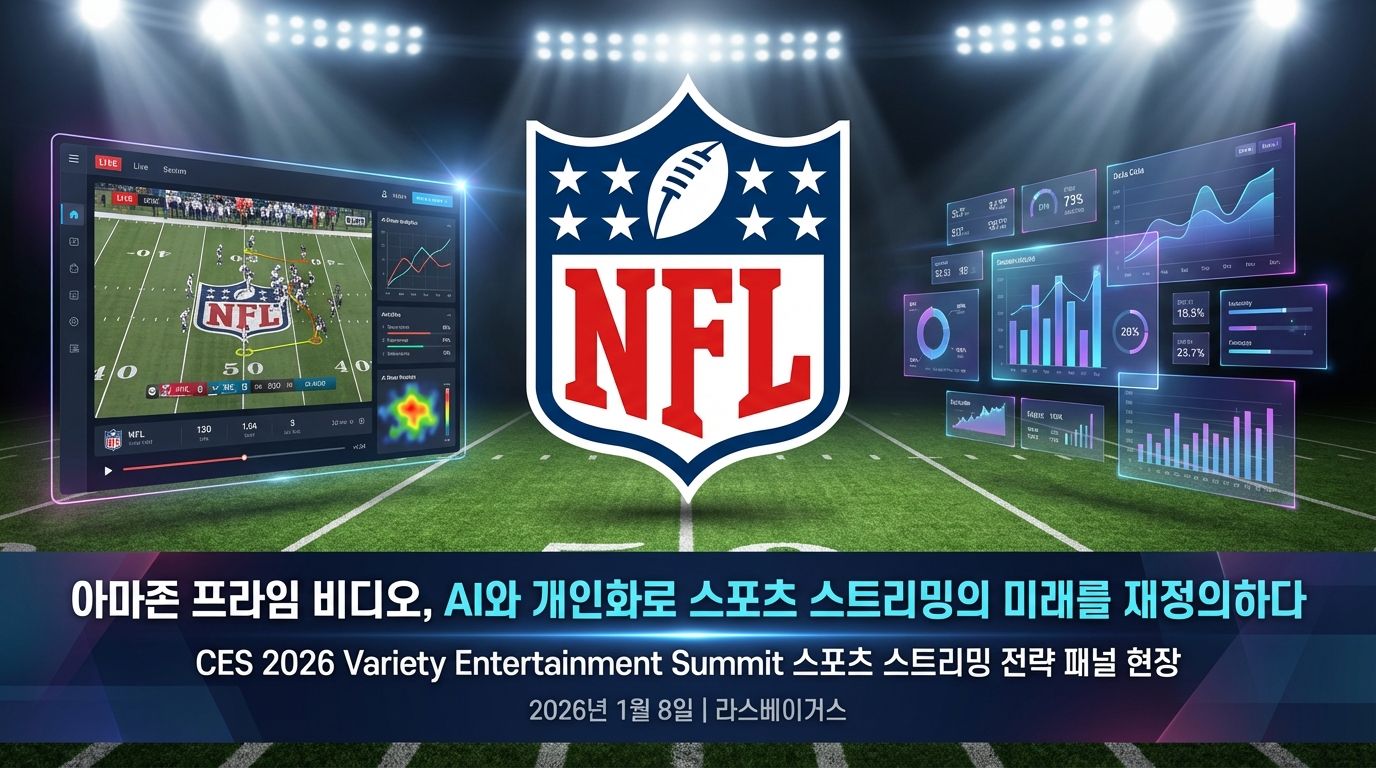
![[CES 2026] AI, 스트리밍 전쟁, 마이크로드라마](https://cdn.media.bluedot.so/bluedot.kentertechhub/2026/01/nf0b2a_202601210349.png)
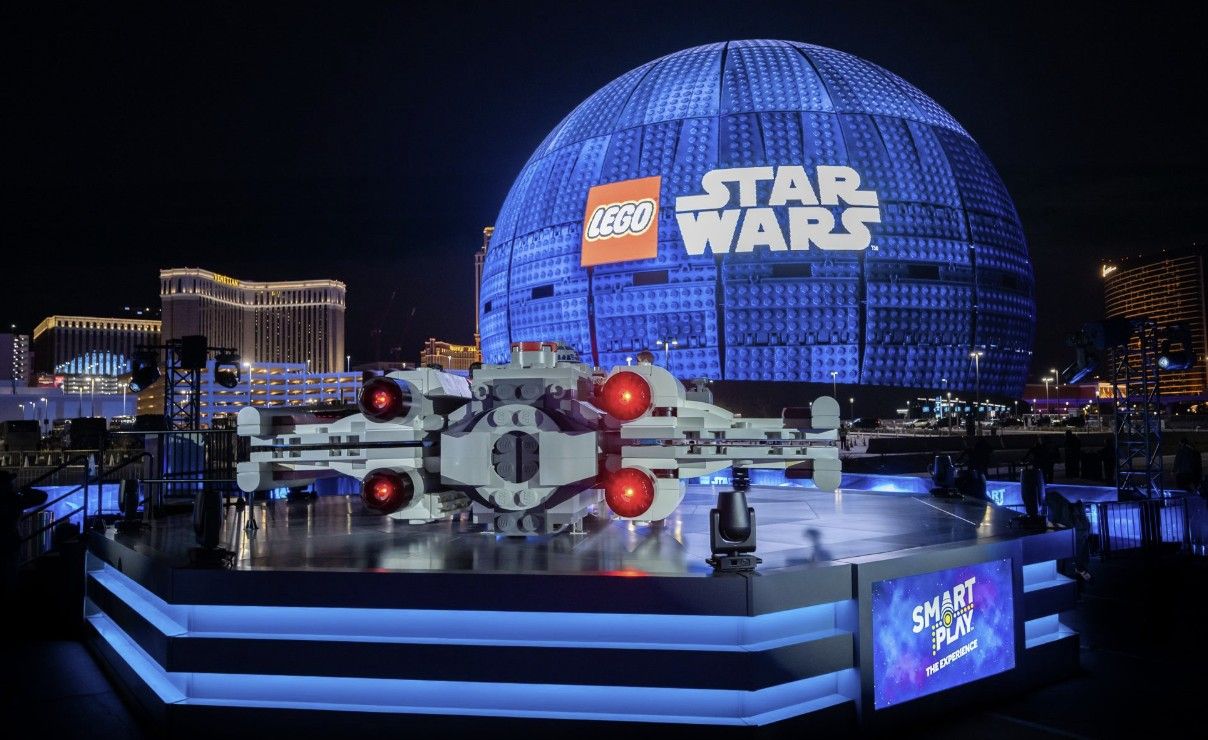
![[CES 2026] 크리에이터 이코노미 보고서(무료 요약본)](https://cdn.media.bluedot.so/bluedot.kentertechhub/2026/01/5wiefh_202601190237.png)